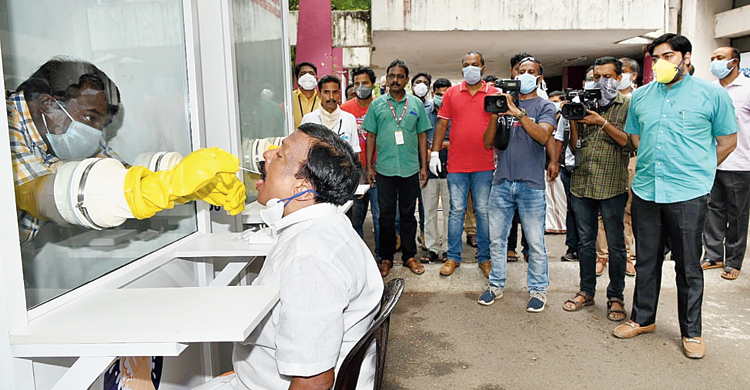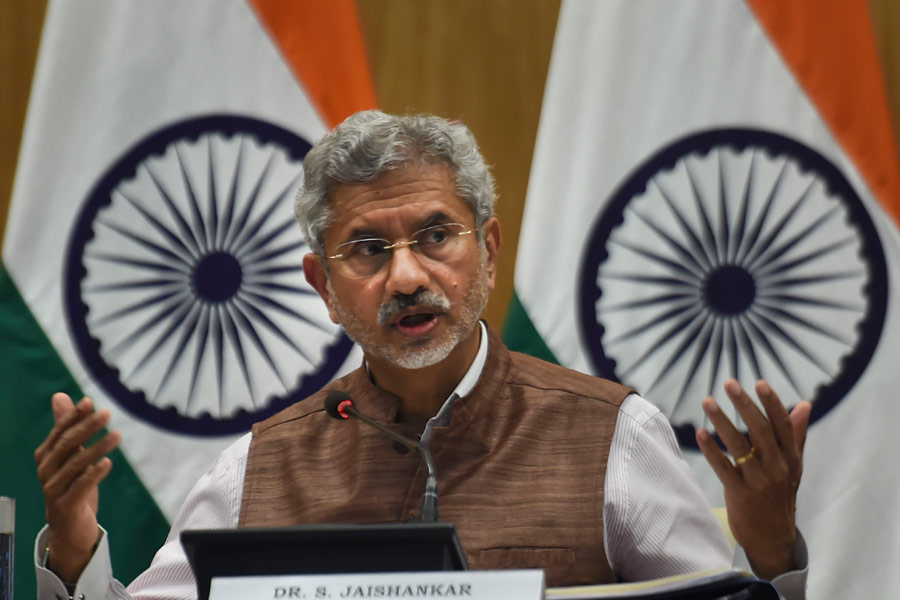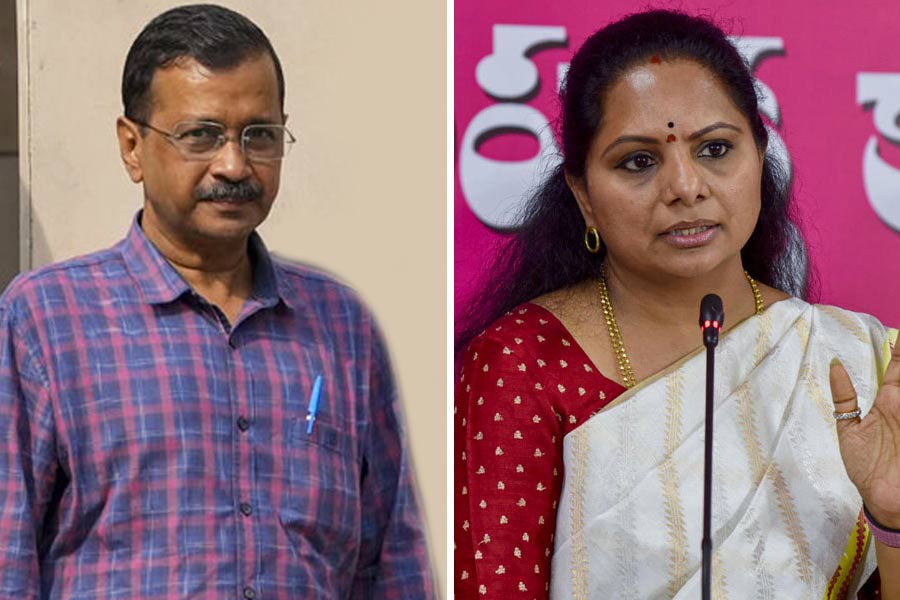A Kerala medical college has launched South Korea-style kiosks for mass screening to detect Covid-19 patients.
Ernakulam collector S. Suhas launched the Walk-in Sample Kiosks (Wisk) on Monday after doctors at the Government Medical College in Kalamassery developed the model in a day and a half.
“Our aim is to do mass screening. It can save PPE (personal protective equipment) kits,” Suhas said, alluding to the shortage of such equipment for healthcare staff.
Made of plastic, aluminium and Plexiglass, each kiosk costs Rs 40,000 and can be made by anyone, said Dr Ganesh Mohan, resident medical officer at the medical college who conceived the idea.
“I thought of it when I received a video on WhatsApp about how South Koreans were doing mass screening,” he said.
South Korea has earned global praise by implementing an effective method of widespread coronavirus screening, even allowing drive-in screening.
The Kerala kiosks, slightly bigger than telephone booths, have magnetic doors, a sterile environment created by ultraviolet light, and exhaust fans.
The nurse who collects the throat swabs can put his or her arms through a pair of gigantic gloves fitted on the Plexiglass and reach out to the person sitting in a chair on the other side.
The sturdy gloves, fitted to the Plexiglass, are sanitised after each use. Collecting one sample takes two minutes.
“This way the person collecting the sample and the one giving it are both safe,” said Mohan. “Throat swab collection is a dangerous business.”
The current testing procedure in the country involves taking a patient to a designated hospital where a staff nurse collects the sample wearing a PPE kit, which costs more than Rs 1,000.
“We built this in just a day and a half at a very reasonable price. This model can be used anywhere. Since the kiosk is light and portable, we can use it for mobile testing by fixing it on a vehicle,” Mohan said.
“This can also be used for other tests, such as for H1N1, for which throat swabs are required. We can even use it to collect blood samples during an epidemic, pandemic or seasonal outbreak.”
He added: “Not only can we use this for mass screening, we can even use this for the frequent collections of throat swabs from hospitalised patients.”
The kiosks are to be deployed across Kerala, which already leads the country in screenings.










